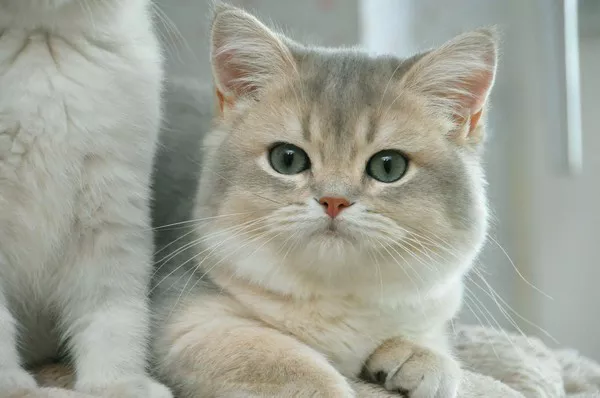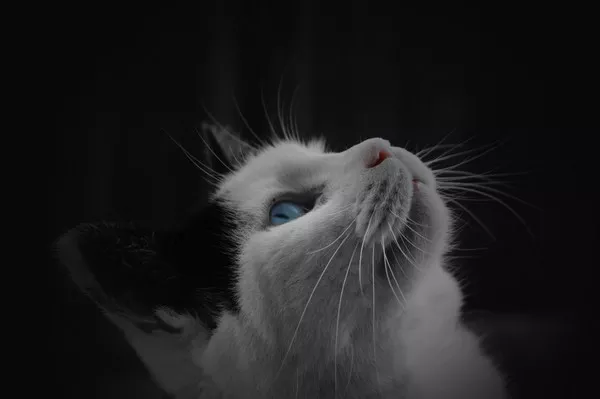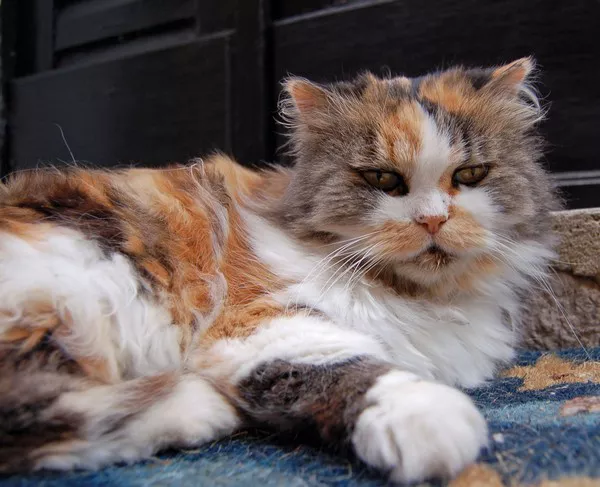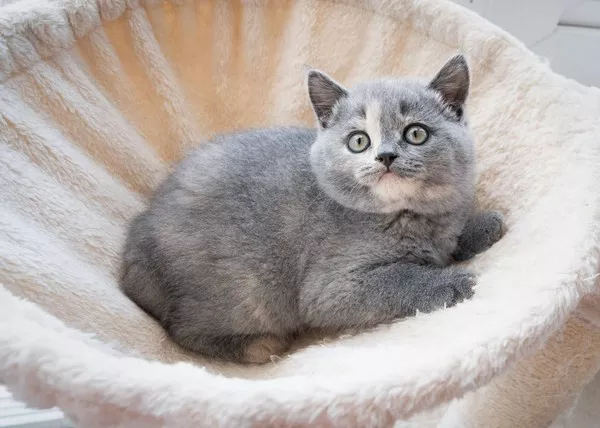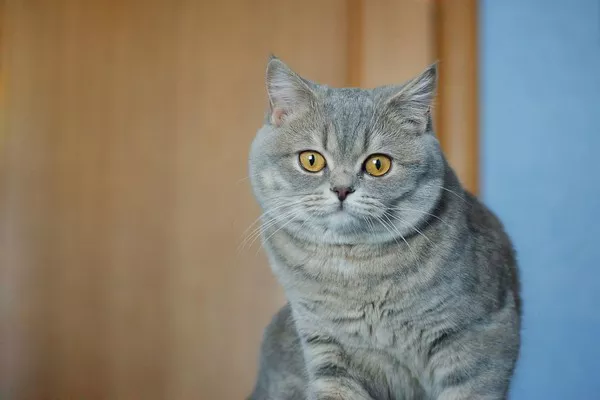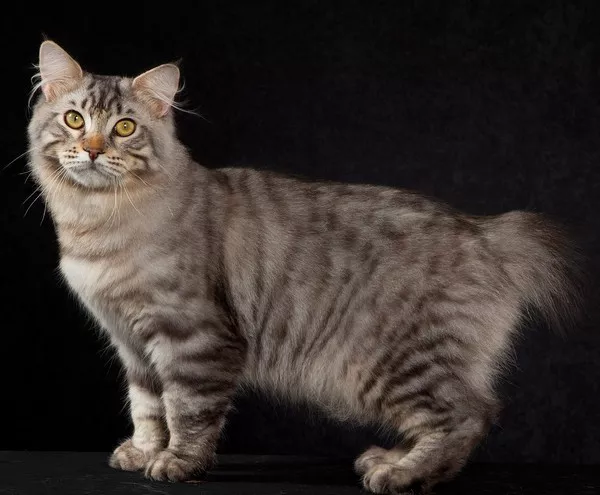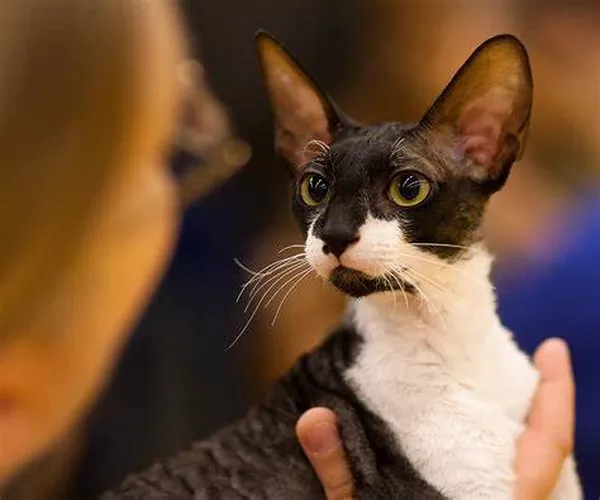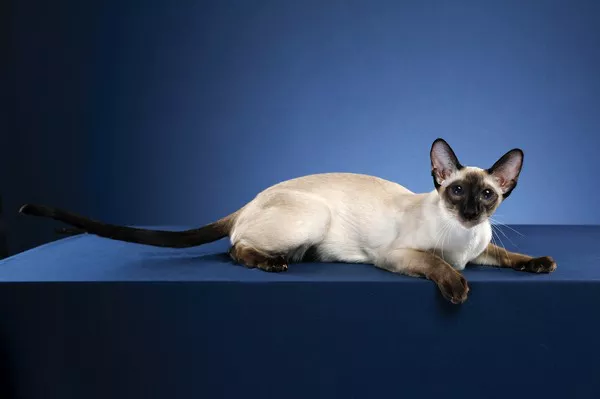British Shorthair cats are an ancient breed of cat that has been around for centuries. They are known for their affectionate and friendly temperament, making them excellent pets for people of all ages. Many people wonder if British Shorthairs like to be held, as some cats tend to shy away from physical contact. In this article, we will explore the question of whether or not British Shorthairs enjoy being held, along with other related topics.
What is a British Shorthair?
Before we delve into the question of whether or not British Shorthairs like to be held, let’s take a closer look at what makes this breed so special. British Shorthairs are medium-to-large-sized cats that are known for their thick, plush coats and round faces. Their origins can be traced back to ancient Rome, where they were kept as mousers on ships. Over the centuries, British Shorthairs have become popular pets due to their gentle nature and ability to adapt well to different living situations.
Are British Shorthairs Cuddly Cats?
Generally speaking, British Shorthairs are quite cuddly cats. They tend to be friendly and loving towards their owners, and often seek out attention and affection. However, every cat is unique, and some British Shorthairs may be more independent than others. While some cats love to be held and cuddled, others prefer to keep their distance and only seek out physical contact on their own terms.
How to Hold a British Shorthair
If you do decide to hold your British Shorthair, it’s important to do so properly to ensure both your safety and your cat’s comfort. Here are some tips for holding a British Shorthair:
1. Approach your cat calmly and slowly, allowing them to sniff your hand before picking them up.
2. Support your cat’s weight by placing one hand under their chest and the other hand under their hindquarters.
3. Hold your cat close to your body for added security.
4. Avoid holding your cat for too long, as they may become uncomfortable or restless.
It’s also important to note that not all cats enjoy being held, even if they are generally affectionate. If your British Shorthair resists being held, respect their boundaries and find other ways to show them affection.
Why Do Some Cats Not Like to be Held?
There are a few reasons why some cats may not enjoy being held. One common factor is their personality; some cats simply prefer to keep their distance and may only seek out physical contact on their own terms. Other cats may have had negative experiences with being held, such as being dropped or mishandled, which can make them fearful of physical contact.
In some cases, a cat’s dislike of being held may be due to an underlying medical condition. For example, if a cat has arthritis or another type of joint pain, being held may cause discomfort. If you suspect that your cat’s aversion to being held may be related to a medical issue, it’s best to consult with your veterinarian.
Tips for Building Trust with Your British Shorthair
If your British Shorthair is hesitant about being held or cuddled, there are several things you can do to help build trust and strengthen your bond. Here are some tips:
1. Start by spending time with your cat in a quiet, calm environment. This will help them feel more comfortable around you.
2. Offer treats or toys as positive reinforcement when your cat approaches you or shows affection.
3. Avoid sudden movements or loud noises that may startle your cat.
4. Give your cat plenty of space and allow them to come to you on their own terms.
5. Be patient and consistent in your interactions with your cat.
By taking these steps, you can help your British Shorthair feel more comfortable and confident around you, which may lead to more affectionate behavior over time.
Conclusion
In conclusion, British Shorthairs are generally affectionate and friendly cats that tend to enjoy cuddling and physical contact with their owners. However, every cat is unique, and some may not enjoy being held or cuddled. If you do decide to hold your British Shorthair, it’s important to do so properly and respectfully. Additionally, building trust and strengthening your bond with your cat can go a long way in promoting positive interactions and affectionate behavior.

